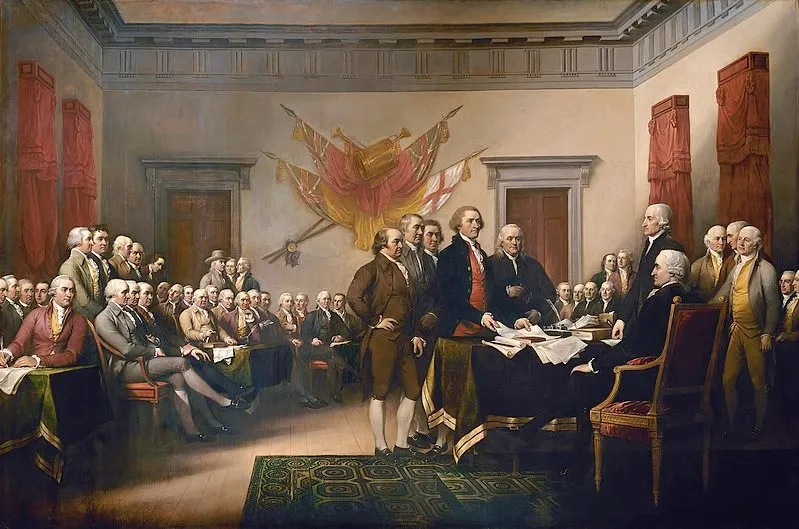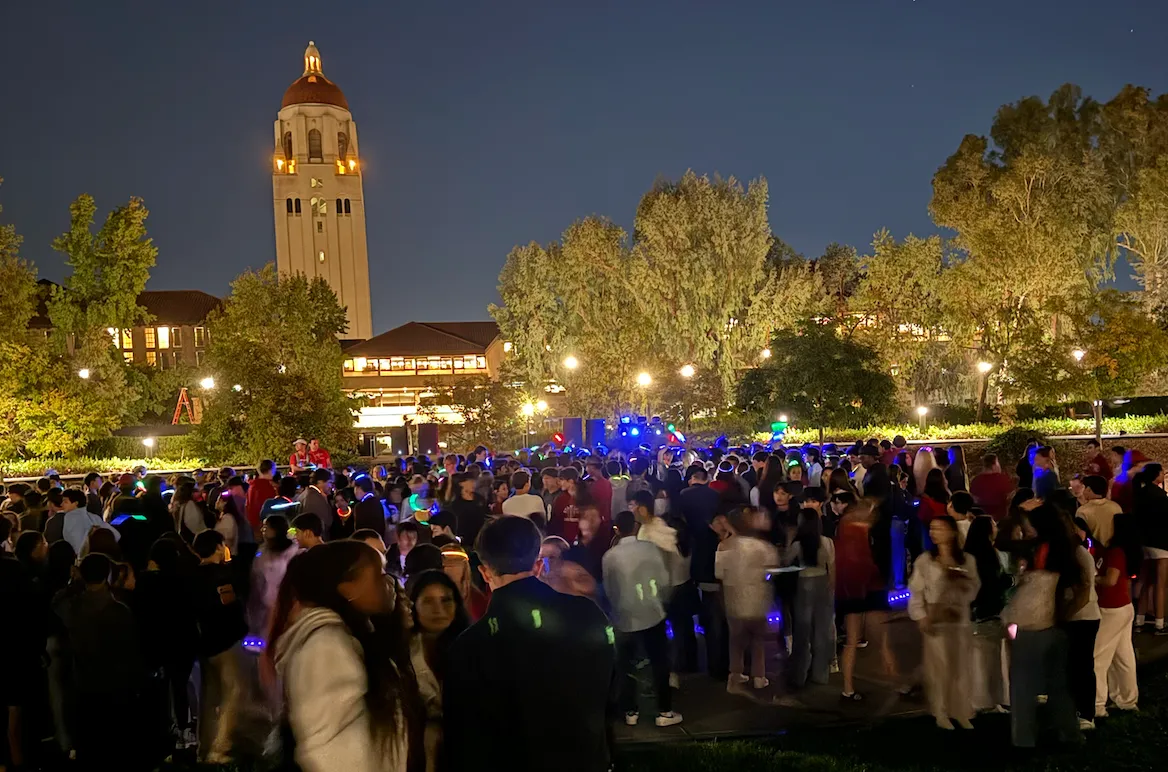Table of Contents
A U.S. history course should be easy to find at an American university, especially one that boasts one of the best undergraduate history programs in the country. Indeed, Stanford’s course catalog includes courses on LGBTQ history, Howard Zinn, superhero theory, madness, and almost anything imaginable. Anything, that is, except for the founding era of the United States.
Of all the classes given this year on American history and culture, only one focuses on the founding era of the United States, HISTORY 150A: Colonial and Revolutionary America. Admittedly, there are four Law School classes on the Constitution, of which one is offered in the undergraduate History department (HISTORY 153: Creation of the Constitution).
But lawyers and historians are not one and the same. Law classes intend, rather obviously, to study the legal qualities of a document or event or case. As much as law complements history, undergraduates should not have to turn to the Law School to find classes on early U.S. history.
But then what choice do we, as history students, have? Looking at the course list, you’d think the United States did not exist prior to the 20th century. Our History Department’s failure encourages its students to take one of two very simplistic and binary views of the United States: either America is a beacon of the free world or an exploiting imperialist. We lack an intellectual space to discuss America’s place in the world and to determine which of our founding principles, if any, are worth preserving.
Surely Stanford knows not every freshman comes to Stanford with a solid grounding in U.S. history. Not all highschoolers took AP U.S. History and around 10% of the undergraduate student body is international. Even for students who took the AP, a high school lecture on the entire history of the United States is miles away from an expert-led lecture or seminar examining the American Revolution and founding supported by primary and secondary source readings. And for those who think college students aren’t interested in America’s past, the popularity of the hit Broadway musical Hamilton proves otherwise.
Of course, history involves more than the United States, but even the American Studies department lacks any path to study the Founding. Democracy and republics, political theory and political philosophy, we can discuss in other humanities departments. History puts those theories into action, and we’re missing a key piece if we ignore the place of the United States.
Our revolution inspired both the French and Haitian revolutions in subsequent decades. Read any Supreme Court opinion and you will find that questions of the Constitution and the founders’ intentions riddle our political discourse. Studying those revolutionary ideas during the Founding era would offer a fascinating lecture and discussion if Stanford actually offered any classes on The Federalist Papers, the politics of the early United States, or the philosophies that inspired this country.
In order to understand contemporary politics and political philosophy, students need a grounding in the Amerian experiment, the Constitution, and the principles that both unite and divide us today — and that united and divided Americans in the 18th century.
I am not trying to constrict what a liberal arts education means. The opportunity to explore varied fields of study originally drew me to Stanford. But once a student chooses to study history, she should be given as thorough an education as her peers studying STEM.
Stanford cares about graduating highly qualified programmers, scientists, and engineers, ready to excel in their fields - why not the same in history? Graduating with a history degree without taking a course on the foundational moment in American history would be like majoring in CS without ever programming Karel.
One survey class on the beginnings of the United States is not nearly enough to gain a full understanding of the competing philosophies, traditions, and ideals that formed our country and continue to influence it to this day. Without in-depth coverage of the founding of the United States, a serious gap exists in the History department.
It’s about time Stanford filled it.








